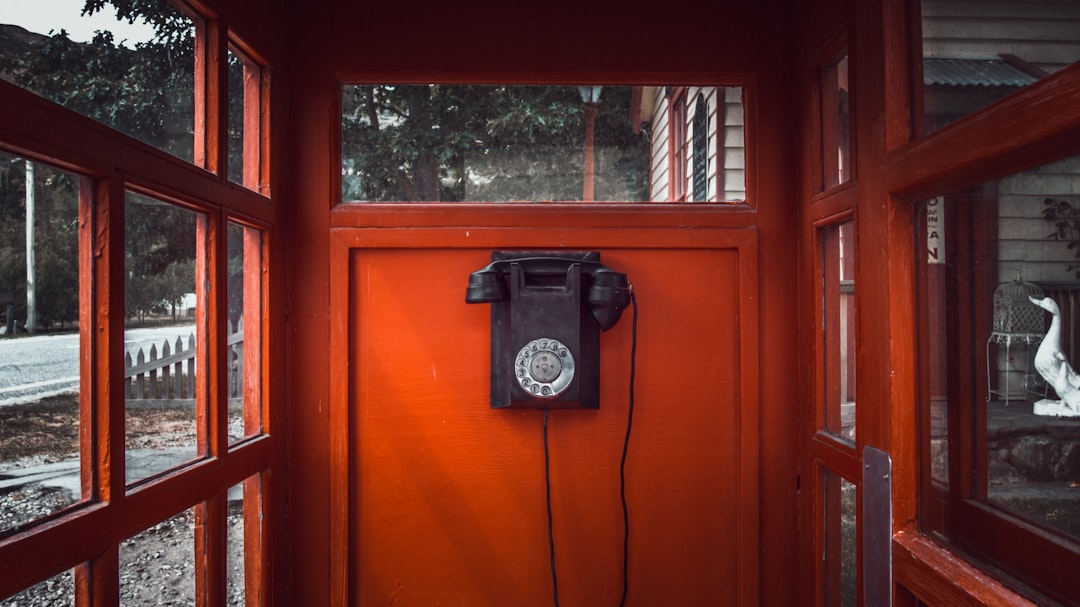Robocalls are a common nuisance in Massachusetts, but residents have legal protections thanks to the TCPA and state's Do Not Call Law. To avoid unwanted calls, adjust phone settings, block numbers, register with the National Do Not Call Registry, and be cautious about sharing personal info online. For persistent robocalls, contact the Attorney General's Office, consumer protection agencies, or non-profits for help. Understanding and utilizing the Do Not Call Law Firm Massachusetts regulations is key to reclaiming privacy and peace of mind from intrusive calls.
In today’s digital era, robocalls have become a ubiquitous yet unwanted nuisance. This guide aims to empower Massachusetts residents with knowledge and tools to combat this issue. We’ll explore the legal framework surrounding robocalls in the state, offering practical steps to shield yourself from unwanted phone calls. Learn about resources and options available, including how to report excessive robocalls and connect with a Do Not Call law firm in Massachusetts for further protection and action.
Understanding Robocalls and Their Legal Framework in Massachusetts

Robocalls, or automated telephone calls, have become a widespread nuisance, especially with the advancement of technology allowing for mass communication. In Massachusetts, as in many other states, these automated calls are often used by telemarketers and scammers, leading to a rise in consumer complaints. The Telephone Consumer Protection Act (TCPA) is a federal law designed to protect individuals from such unwanted calls, including robocalls.
In the state of Massachusetts, additional regulations are in place to further safeguard residents. The Massachusetts Do Not Call Law reinforces the TCPA by prohibiting automated or prerecorded telemarketing calls to consumers who have registered their phone numbers on the state’s official Do Not Call list. This law also restricts the use of robocalls for political purposes without prior express consent. Understanding these legal frameworks is crucial in protecting yourself from unwanted and potentially harmful robocalls, ensuring your privacy and peace of mind.
Practical Steps to Shield Yourself from Unwanted Calls

To shield yourself from unwanted calls, including robocalls, take practical steps to protect your phone line. Start by reviewing and adjusting the privacy settings on your phone and calling apps. Block unknown numbers automatically or manually if your device allows it. Consider registering your number on the National Do Not Call Registry, which can help reduce marketing calls. Additionally, update your contact list regularly and be cautious about sharing your phone number online or with unfamiliar sources.
Install reputable call-blocking applications that learn to identify and block known robocallers. Verify the authenticity of any app before downloading it. Ensure your security by never providing personal information over the phone unless you initiate the call and are certain of the recipient’s identity, especially when it comes to suspicious numbers or unexpected calls claiming to be from a do not call law firm Massachusetts.
Resources and Options for Further Protection and Action

If you’re facing a relentless barrage of robocalls, there are additional steps you can take to protect yourself beyond simply blocking numbers. In Massachusetts, you have several resources and options available. Consider contacting the Attorney General’s Office to report the issue and seek advice. They offer guidance on how to handle persistent unwanted calls, including referring you to relevant legal protections.
Additionally, explore consumer protection agencies and non-profit organizations dedicated to combating robocalls. These groups often provide tools and tips for blocking and avoiding such calls. Furthermore, stay informed about state laws regarding telemarketing practices, like the Do Not Call law in Massachusetts, which gives you additional leverage against unwanted callers. Remember, proactive measures can significantly enhance your privacy and peace of mind.






